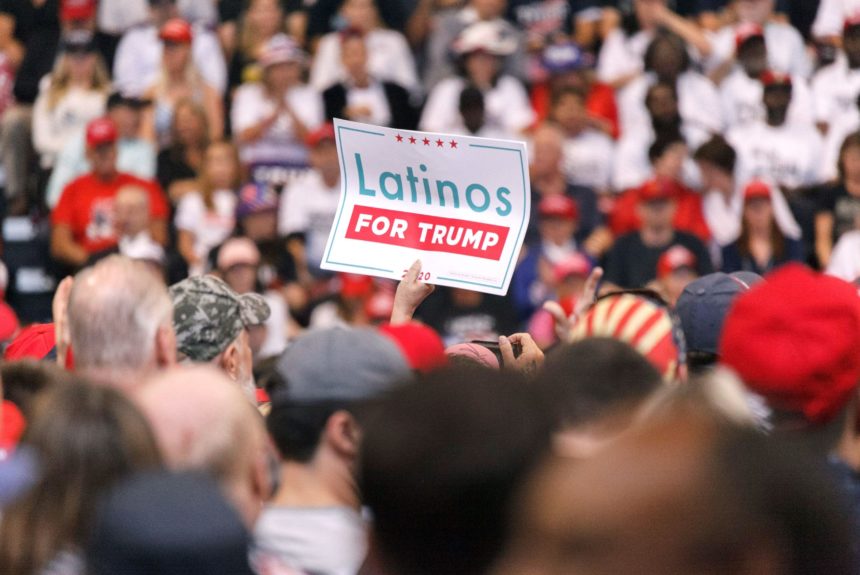By C3 Solutions
As has been widely reported, the Republican Party overperformed with Latino voters in the 2020 election, particularly those living in South Florida and South Texas
Democrats still won the Latino vote by a margin of nearly two to one nationally, but the surprising level of support for Republicans poses a challenge for the Democratic Party’s most ambitious legislative proposals, including how they intend to tackle climate change.
None of this means that lawmakers, from both sides the of the aisle, shouldn’t thoughtfully consider proposals to reduce our country’s climate change emissions. But it does mean that policymakers should consider the cost of their proposals, particularly on cash-strapped Americans.
One way to do this is by rejecting the Green New Deal – a legislative framework that would impose draconian-like measures on virtually every aspect of society while doing little to curb carbon emissions.
President-elect Joe Biden distanced himself from the Green New Deal on the campaign trail, but prominent Democrats, including Vice President-elect Kamala Harris (cosponsor of the Green New Deal) will come under immense pressure from the progressive wing of the Democratic Party to enact ambitious climate change legislation.
The new administration should resist giving into these demands.
For one, the election results revealed that about half of the American electorate rejected the Democratic Party and are likely weary of tax increases and higher energy costs. They include Latinos like Andrew Balderas from South Texas who voted for President Donald Trump. In a recent interview, Mr. Balderas said that his support for president Trump largely came down to economics saying that under President Obama, gas prices “were like $4 and now it’s like $2.”
Policymakers should remember folks like Andrew Balderas before muscling through legislation that would raise energy costs on everyday Americans, including Latinos who are among the hardest hit ethnic groups because of COVID-19.
Before the start of the global pandemic, African Americans and Hispanics were benefiting from historically low unemployment rates and a rise in entrepreneurship and homeownership thanks to a booming economy.
Unfortunately, COVID-19 has undone many of these gains. Today, Latinos are struggling to find permanent work, rebuild their savings, and climb out of one of the most severe economic recessions in recent history.
In short, the last thing the Latino community needs are tax increases and having to pay more in energy costs.
Unfortunately, that is precisely what could happen if policymakers enact the Green New Deal, or legislation that comes close to the cost and scope of this legislative framework touted by many.
To understand the impact of an ambitious legislative proposal akin to the Green New Deal, it is useful to consider a study by the Competitive Enterprise Institute, a think tank that estimated that the Green New Deal would cost the average household more than $70,000 a year in increased energy costs like paying more in electricity and retrofitting existing automobiles and homes to meet stricter energy-efficiency standards under the legislative framework. The average household cost would eventually go down to around $40,000 a year, but it is still a significant sum for most families to account for in the middle of a global pandemic.
The good news is that policymakers don’t need to enact anything close to the Green New Deal to take meaningful action to reduce carbon emissions. Instead of supporting costly and intrusive policies, they should promote innovation by empowering entrepreneurs to harness new technologies that emit less carbon emissions. Too often policymakers make it more difficult for emerging technologies to take off because of costly regulations and punitive taxes.
Finally, we need to place a greater onus on individuals, rather than government, to tackle climate change. As one of C3 guiding principles states: “Individuals, communities, civil society groups, investors, entrepreneurs, inventors and policymakers, at all levels, have an opportunity and responsibility to be part of the solution.”
In the coming year, policymakers should prioritize climate change legislation, but they should do so in a way that will not raise taxes and increase energy costs on our country’s most vulnerable – including the Latino community.
The views and opinions expressed are those of the author’s and do not necessarily reflect the official policy or position of C3.
